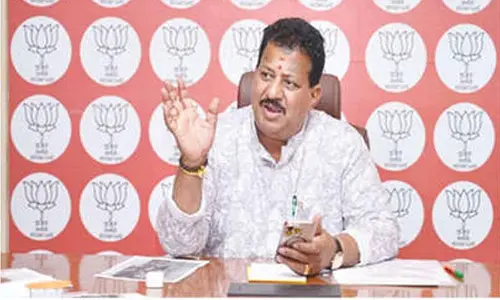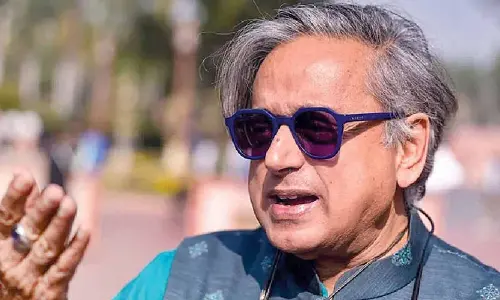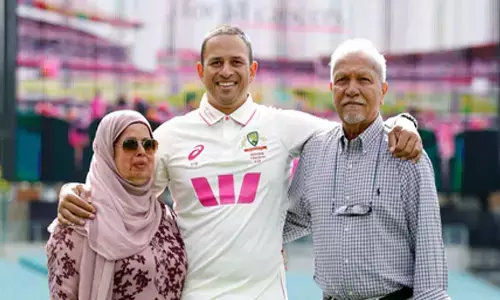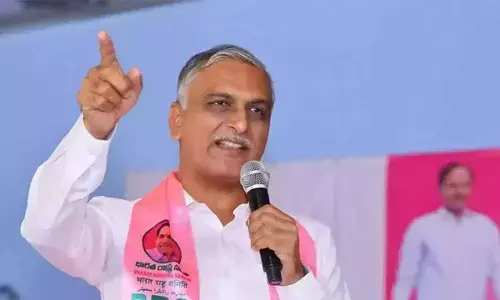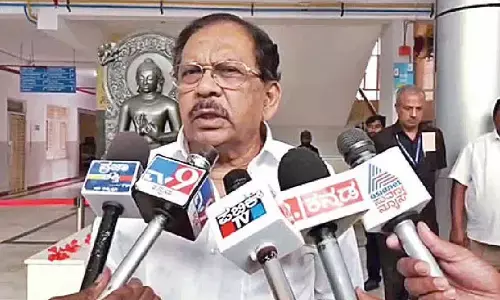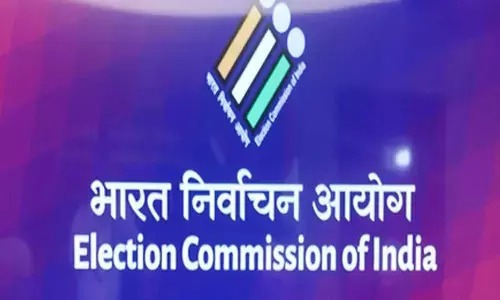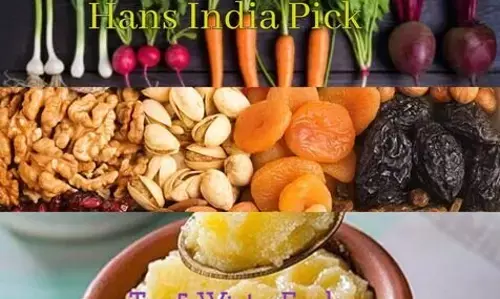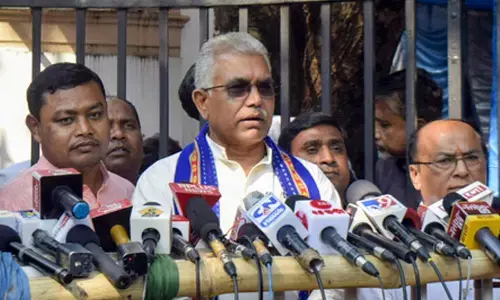Record 14 women elected to Tripura, Meghalaya and Nagaland Assemblies
Share :
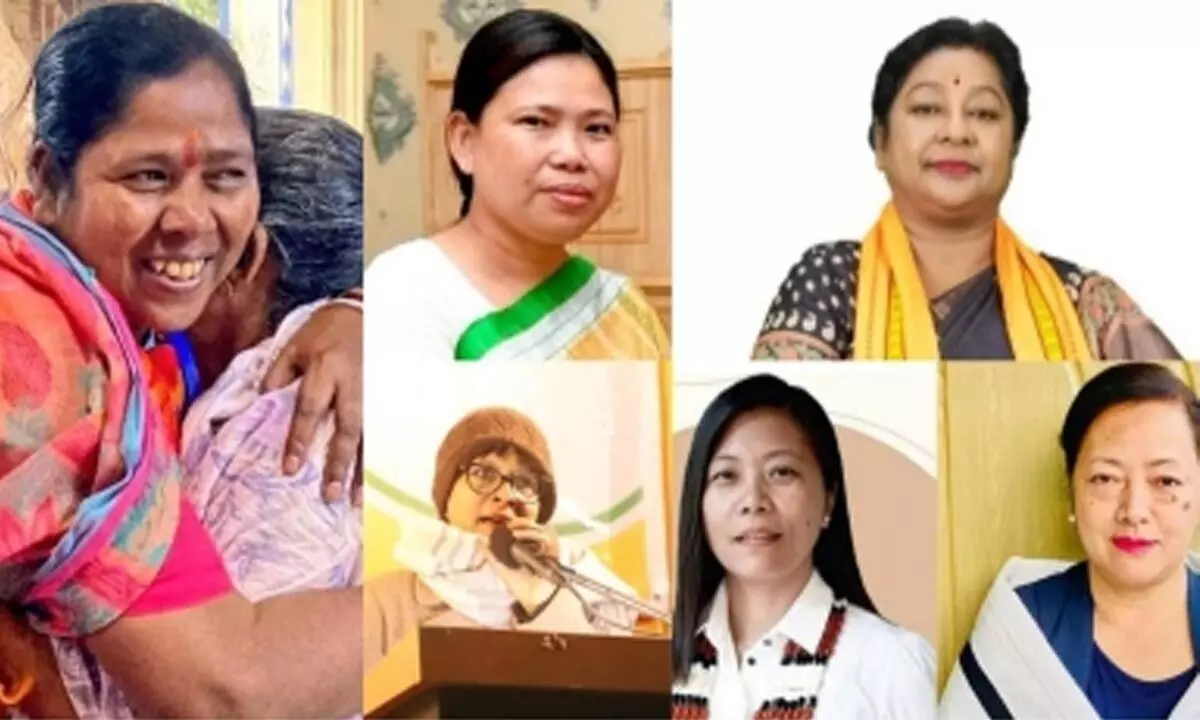
Record 14 women elected to Tripura, Meghalaya and Nagaland Assemblies
Days ahead of the International Women's Day on March 8, good news from three northeastern states -- Tripura, Meghalaya and Nagaland -- that 14 women were elected to the state assemblies in the recent polls against six women legislators in the outgoing houses.
Agartala/Shillong/Kohima: Days ahead of the International Women's Day on March 8, good news from three northeastern states -- Tripura, Meghalaya and Nagaland -- that 14 women were elected to the state assemblies in the recent polls against six women legislators in the outgoing houses.
The highest number of nine women were elected to the Tripura assembly followed by three in Meghalaya and two in Nagaland.
Scripting history in 60 years of statehood, two women, Hekhani Jakhalu and Salhoutuonuo Kruse of the ruling Nationalist Democratic Progressive Party (NDPP), were for the first time elected to the Nagaland assembly from Western Angami and Dimapur-III assembly constituencies respectively.
In all 183 candidates including four women nominees contested the February 27 assembly elections in Nagaland.
With nine of the 31 women contestants winning, the Tripura assembly now has the highest number of women legislators since it became a full-fledged state in 1972.
In 2013, five of the 15 women contestants became lawmakers in Tripura, while three women were elected in the assembly polls in 2018.
In Meghalaya three women, the same number as in the previous election (2018), were elected in the February 27 assembly elections when 36 women fought the poll battle.
In the 2018 assembly elections, five women contested in Nagaland and none was elected while in Tripura 24 women fought and three women won. In Meghalaya 32 women tried their electoral fortunes and three were successful.
In Tripura, BJP candidates Mina Rani Sarkar (from Badharghat assembly constituency), Pratima Bhowmik (Dhanpur), Antara Sarkar Deb (Kamalasagar), Santana Chakma (Pecharthal), Swapna Majumder (Rajnagar), Swapna Das Paul (Surma), Kalyani Saha Roy (Teliamura) and Tipra Motha Party nominees Swapna Debbarma (Mandai Bazar) and Nandita Debbarma Reang (Raima Valley) were elected to the state assembly in the February 16 elections.
In Meghalaya, former state minister Mazel Ampareen Lyngdoh and Santa Mary Shylla, both from the ruling National People's Party (NPP) and Miani D. Shira of the Trinamool Congress, were elected to the assembly.
Congress turned NPP leader Lyngdoh retained her East Shillong constituency while Shira made it to the Assembly once again from Ampati.
Shylla marked one of the biggest upsets of this election by defeating Lok Sabha member from Shillong parliamentary constituency and Meghalaya state Congress president Vincent H. Pala in the Sutnga-Saipung assembly seat.
In the assembly elections in the three northeastern states, women voters' turnout was higher than men.
For the past many years, women voters have outnumbered their male counterparts in the electoral lists of several northeastern states.
Of the total 21,61,729 voters in Meghalaya, the number of male voters is 10,68,801 and that of female voters is 10,92,326.
In Nagaland, the number of male voters is 6,52,938 and that of female voters is 6,55,144.
In Tripura, in seven of the 60 assembly constituencies, women voters outnumbered their male counterparts.
The number of women ministers, MPs and MLAs in several northeastern states is very less compared to their percentage in population.
Mizoram in the last 50 years saw only one minister and three MLAs with a similar situation in the other northeastern states.
Currently, there are no women ministers in four of the seven northeastern states -- Meghalaya, Mizoram, Nagaland and Arunachal Pradesh.
The number of women in many autonomous bodies of the seven northeastern states is equally depressing, if not worse.
Of the total of 466 seats in the assemblies of these northeastern states, only around 5 per cent are currently occupied by women.
Social activist and writer Nandita Datta said: "Women are deprived of sharing governance and policy making despite female voters being more than 50 per cent in the voters' list of several northeastern states. They are also in the forefront in both domestic and societal affairs."
"Many issues of northeast India including the drug menace would be resolved more easily if women get the appropriate political empowerment and governance," Datta told IANS.
She said that northeast India traditionally is a woman-empowered society, though the women are given very less scope in politics, governance and policy making.
"Women of the region are educated, efficient and conscious of all basic issues. We are successfully able to take care of our family, society and administration collectively. But male political leaders thought that we are not capable," said Datta, who has received several prestigious awards for her social work.







